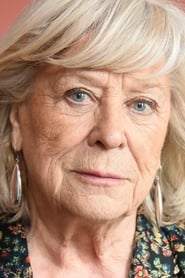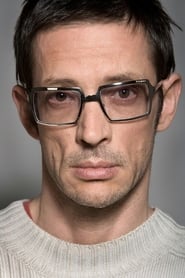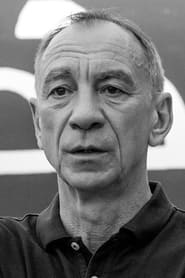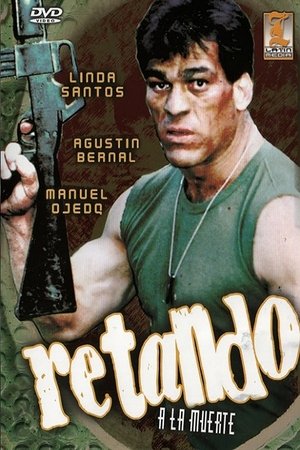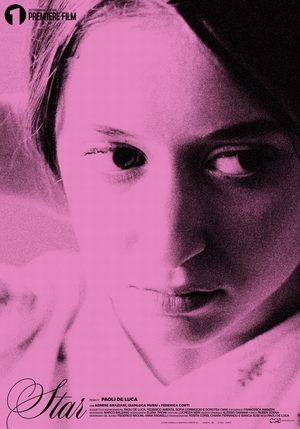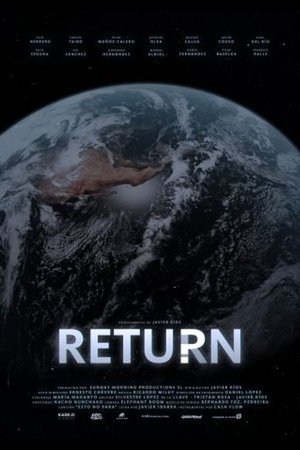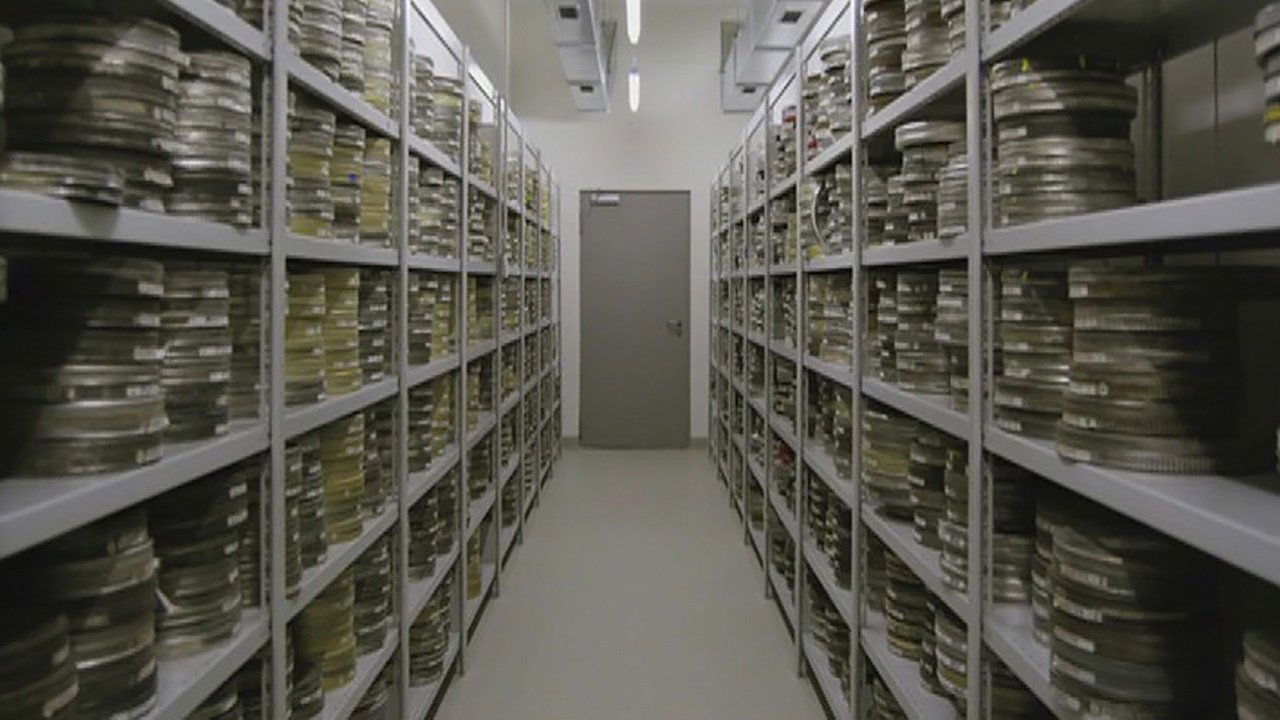

Forbidden Films(2014)
The hidden legacy of Nazi Film
Between 1933 and 1945 roughly 1200 films were made in Germany, of which 300 were banned by the Allied forces. Today, around 40 films, called "Vorbehaltsfilme", are locked away from the public with an uncertain future. Should they be re-released, destroyed, or continue to be neglected? Verbotene Filme takes a closer look at some of these forbidden films.



Movie: Forbidden Films
Top 10 Billed Cast
Himself
Himself
Himself
Himself
Herself

Verbotene Filme
HomePage
Overview
Between 1933 and 1945 roughly 1200 films were made in Germany, of which 300 were banned by the Allied forces. Today, around 40 films, called "Vorbehaltsfilme", are locked away from the public with an uncertain future. Should they be re-released, destroyed, or continue to be neglected? Verbotene Filme takes a closer look at some of these forbidden films.
Release Date
2014-03-06
Average
6.5
Rating:
3.3 startsTagline
The hidden legacy of Nazi Film
Genres
Languages:
FrançaisעִבְרִיתDeutschKeywords
Recommendations Movies
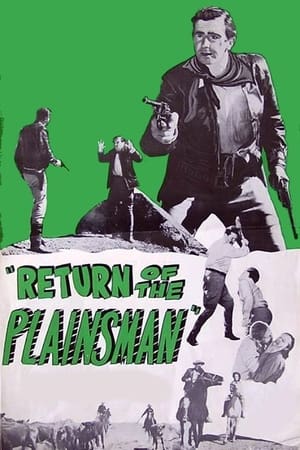 4.8
4.8The Phantom Stockman(en)
Kim Marsden inherits a cattle station near Alice Springs after the death of her father. Kim becomes convinced her father was murdered. She sends for a legendary local bushman called the Sundowner, who was one of her father's best friends.
Return(en)
Static images of an old country house are combined with voices of the past to evocative effect. Haunting and nostalgic, 'Return' conveys the life that exists in old, abandoned places.
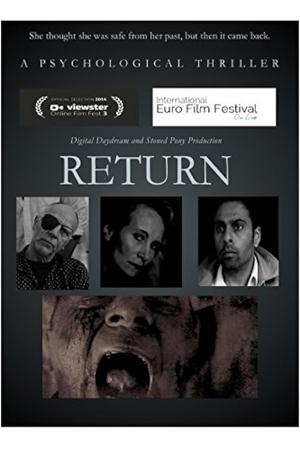 6.6
6.6Return(en)
A tale of terror. Cathy Reed has been institutionalized most of her life because of Schizophrenia, as a child her parents thought she was possessed by demons and had her exercised by priests. Medical science saw different. Now decades later Cathy is freed, relocated to her own flat and given a chance to be independent. Once alone things are not what they all seem and when her nightmares turn real she questions her state of mind before she is left to face her demons.
Return(hy)
Eyüp decides to cross mount Ararat looking for his aunt in Yerevan after following a madman's words. His aunt has also been expecting someone to come from behind this mount for many years. Eyüp cannot be sure about the woman he finds behind the blue door, whether it is his aunt or not because they can't understand each other.
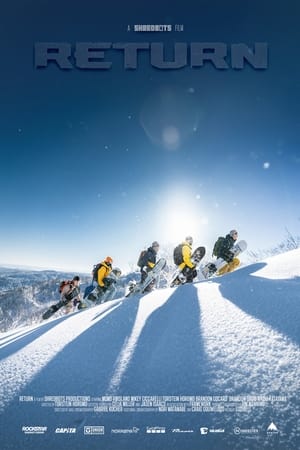 7.2
7.2RETURN(en)
‘RETURN’ follows Torstein Horgmo, Mikey Ciccarelli, Mons Røisland, Brandon Cocard, Brandon Davis, and Raibu Katayama as they push the boundaries of what can be accomplished snowboarding when innovative minds join forces.
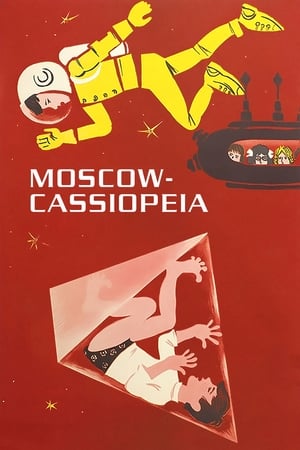 6.3
6.3Moscow-Cassiopeia(ru)
Start of interstellar expedition equipped by "pioneers"(soviet scouts).
Return(en)
Return is a methodical construction of the approach of an individual towards an unseen goal, which assumes metaphorical significance. Viola moves toward the camera/viewer, pausing every few steps to ring a bell, at which point he is momentarily thrust back to his starting place, and then advanced again. Finally reaching his destination, he is taken through all of the previous stages in a single instant and returned to the source of his journey.
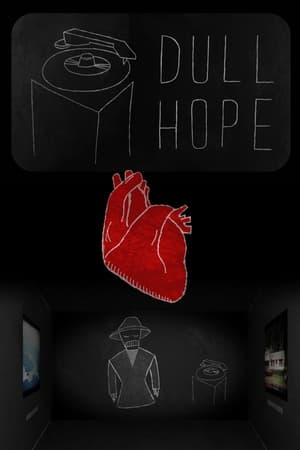 10.0
10.0Dull Hope(en)
Suppressed memories reach a boiling point. An animated tale of longing. “The Experimental section saw Non Films’ Dull Hope scoop the premier place as category winner. Half animation and half movie footage, this hybrid resonated very much with the judging panel who deemed it to be a sad dirge on personal memories and heartbreak.” – The Guardian Directed & Animated by Brian Ratigan Music & Sound Design by Nick Punch (R.I.P.) Produced by Non Films
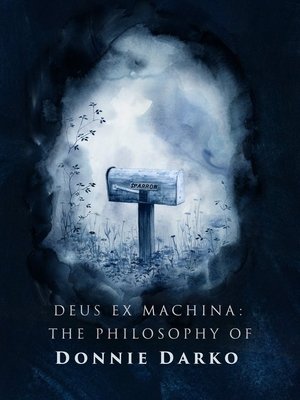 6.2
6.2Deus ex Machina: The Philosophy of 'Donnie Darko'(en)
The feature-length documentary about the making of the cult film favourite, "Donnie Darko".
 9.9
9.9The Way to the Heart(en)
Ava, an award-winning chef at a big-city restaurant, has lost her spark. Her boss sends her out to find herself to save her menu and her job. She returns home and finds little to inspire her, but when she reunites with her childhood friend Logan, Ava has to get her head out of the clouds and her foot out of her mouth to rediscover her passion for food.
 6.9
6.9The Way Back Home(en)
An atmospheric venture into slow cinema, following Rose, a down and out gay prostitute, trapped in the minutiae of his quiet and isolated life.
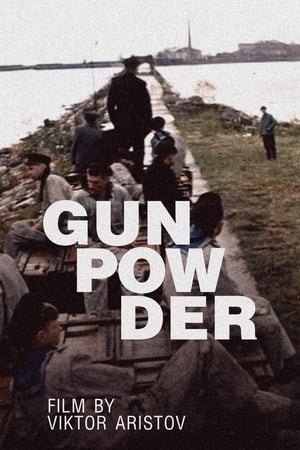 5.9
5.9Gunpowder(ru)
At the end of September 1941, Soviet artillery troops in besieged Leningrad realize that pretty soon they will fire their last shot, and after that the defense of the city will be doomed. The film is based on a true event: a small group of fearless soldiers transported a large supply of gunpowder through enemy lines to Leningrad.
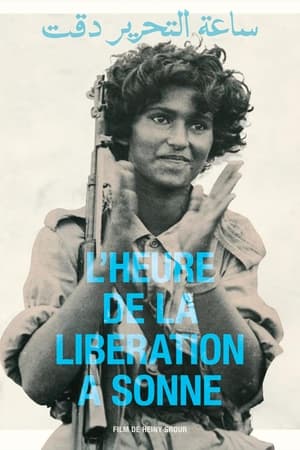 6.4
6.4The Hour of Liberation Has Arrived(ar)
In the late 1960s, Dhofar rose up against the British-backed Sultanate of Oman, in a democratic, Leninist guerrilla movement. Director Heiny Srour and her team crossed 500 miles of desert and mountains by foot, under bombardment by the British Royal Air Force, to reach the conflict zone and capture this rare record of a now mostly-forgotten war.
 4.4
4.4Mobile Suit SD Gundam Mk IV(ja)
The SD Gundams are at it again: first with a race among all of the prior SD Gundam characters, then the SD Zeons run a space travel agency in the second episode.
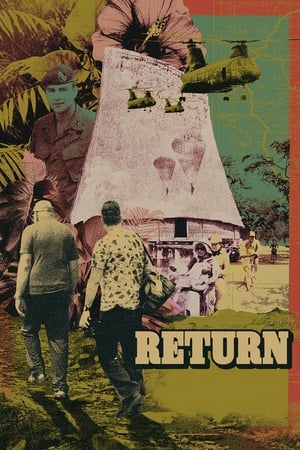 6.8
6.8Return(en)
RETURN tells the story of a retired Green Beret who embarks on a healing journey from Montana to Vietnam. There he retraces his steps, shares his wartime experiences with his son, treats his Post-Traumatic Stress Disorder, and seeks out the mountain tribespeople he once lived with and fought alongside as a Special Forces officer.
Similar Movies
 6.6
6.62 or 3 Things I Know About Him(de)
What would your family reminiscences about dad sound like if he had been an early supporter of Hitler’s, a leader of the notorious SA and the Third Reich’s minister in charge of Slovakia, including its Final Solution? Executed as a war criminal in 1947, Hanns Ludin left behind a grieving widow and six young children, the youngest of whom became a filmmaker. It's a fascinating, maddening, sometimes even humorous look at what the director calls "a typical German story." (Film Forum)
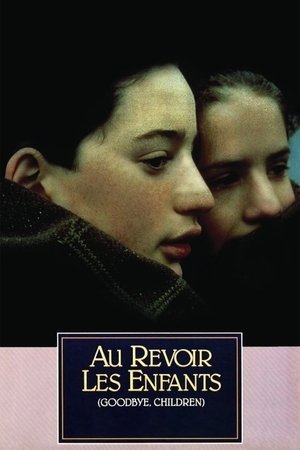 7.5
7.5Au Revoir les Enfants(fr)
Au revoir les enfants tells a heartbreaking story of friendship and devastating loss concerning two boys living in Nazi-occupied France. At a provincial Catholic boarding school, the precocious youths enjoy true camaraderie—until a secret is revealed. Based on events from writer-director Malle’s own childhood, the film is a subtle, precisely observed tale of courage, cowardice, and tragic awakening.
 6.1
6.1The Case of Bruno Lüdke(de)
The incredible story of Bruno Lüdke (1908-44), the alleged worst mass murderer in German criminal history; or actually, a story of forged files and fake news that takes place during the darkest years of the Third Reich, when the principles of criminal justice, subjected to the yoke of a totalitarian system that is beginning to collapse, mean absolutely nothing.
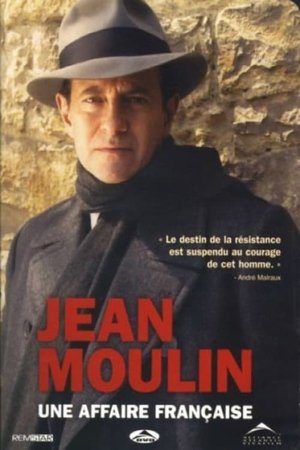 7.0
7.0Jean Moulin, une affaire française(fr)
Drama set in the Second World War, focused on Jean Moulin, hero, martyr and symbol of the French resistance and the patriotism during the dark years of Nazi occupation.
 7.9
7.9CORONA.FILM - Prologue(de)
As the first part of our investigation, the CORONA.FILM prologue will delve into the science behind the pandemic. Starting at the very beginning, we shine a light on the responses. The aim is not to point the finger; our aim is to tell the whole story in all its complexity, as we believe that justice cannot prevail if only one side of the story is told.
 6.0
6.0Moments with Johan(en)
The beautiful gay erotic superstar Johan Paulik is enthusiastically celebrated in this jam-packed compendium of Johan's greatest on-screen performances, plus an exclusive interview with the charming boy himself and previously unseen out-takes which reveal the charm and humor of this much admired adult model.
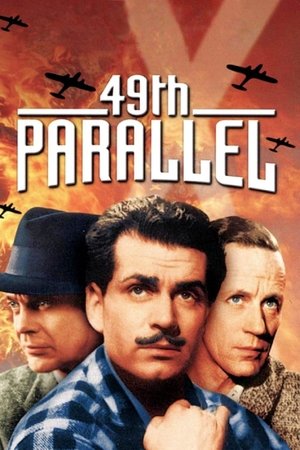 6.9
6.949th Parallel(en)
In the early days of World War II, a German U-boat is sunk in Canada's Hudson Bay. Hoping to evade capture, a small band of German soldiers led by commanding officer Lieutenant Hirth attempts to cross the border into the United States, which has not yet entered the war and is officially neutral. Along the way, the German soldiers encounter brave men such as a French-Canadian fur trapper, Johnnie, a leader of a Hutterite farming community, Peter, an author, Philip and a soldier, Andy Brock.
 6.8
6.8His Name Was Jason: 30 Years of Friday the 13th(en)
A retrospective documentary about the groundbreaking horror series, Friday the 13th, featuring interviews with cast and crew from the twelve films spanning 3 decades.
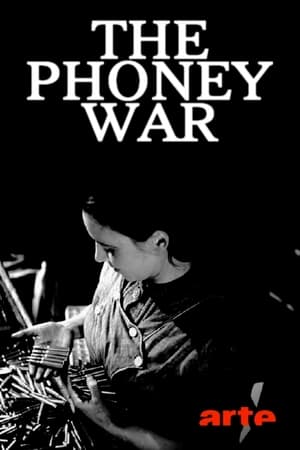 8.0
8.0The Phoney War(fr)
September 3rd, 1939. Britain and France declare war on Nazi Germany, only two days after the Wehrmacht invades Poland. This day, the sad date when the fate of the world changed forever, the Phoney War began: eight months of uncertainty, preparations, evacuations and skirmishes.
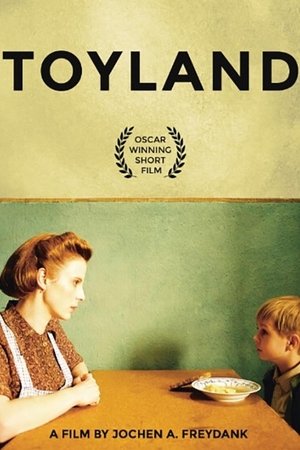 7.2
7.2Toyland(de)
On a winter morning, a mother goes to waken her son Heinrich; his bed is empty. She leaves her flat to find him. The neighbors' door, with a Star of David painted on it, is ajar, the furnishings in disarray, the family gone. She asks passersby, runs to the police then on to the rail yard. Flashbacks show that Heinrich and the neighbors' son Paul are six years old and best friends. Paul's family's deportation is expected soon; Heinrich's mother tells her son that they're going to Toyland. Heinrich wants to go with them, has a bag packed, and listens for their departure. His mother realizes he's joined them, and her resolve becomes more urgent. Will she arrive in time to save Heinrich?
 7.0
7.0Karajan: Portrait of a Maestro(de)
An account of the life and work of controversial German orchestra conductor Herbert von Karajan (1908-89), celebrated as one of the greatest musicians of the twentieth century.
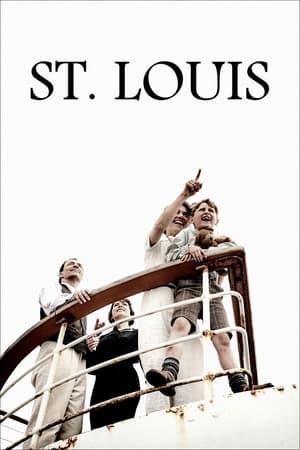 7.0
7.0St. Louis(de)
Hamburg, Germany, 1939. Getting a passage aboard the passenger liner St. Louis seems to be the last hope of salvation for more than nine hundred German Jews who, desperate to escape the atrocious persecution to which they are subjected by the Nazi regime, intend to emigrate to Cuba.
Leibstandarte-SS Adolf Hitler In Action(en)
Chronicles combat action of Hitler's elite bodyguard regiment from 1940 to 1941. From Rotterdam to Greece, German frontline cameramen captured footage of early victorious campaigns. Scenes of camp life and ceremonies convey an impression of the comradeship, pride, and elan of this mighty military formation.
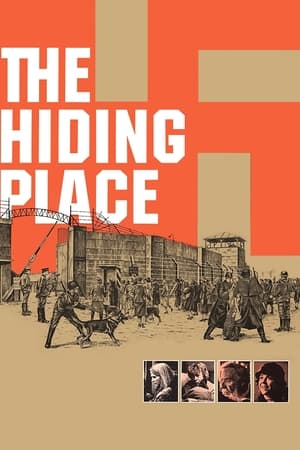 6.6
6.6The Hiding Place(en)
Corrie and Betsie ten Boom are middle-aged sisters working in their father's watchmaker shop in pre-World War II Holland. Their uneventful lives are disrupted with the coming of the Nazis. Suspected of hiding Jews and caught breaking rationing rules, they are sent to a concentration camp, where their Christian faith keeps them from despair and bitterness.
 0.0
0.0Obaida(en)
OBAIDA, a short film by Matthew Cassel, explores a Palestinian child’s experience of Israeli military arrest. Each year, some 700 Palestinian children undergo military detention in a system where ill-treatment is widespread and institutionalized. For these young detainees, few rights are guaranteed, even on paper. After release, the experience of detention continues to shape and mark former child prisoners’ path forward.
 0.0
0.0Dreyfus(en)
In 1894, French officer Alfred Dreyfus is wrongly convicted for the treasonous acts of another man, Major Esterhazy. When investigations begin into the dubious evidence used in the trial, an institutional coverup begins, aided by fears of army disgrace and anti-Semitic paranoia against Dreyfus. But a determined group, headed by prominent author Émile Zola, leads a mounting public call to reopen the Dreyfus case.
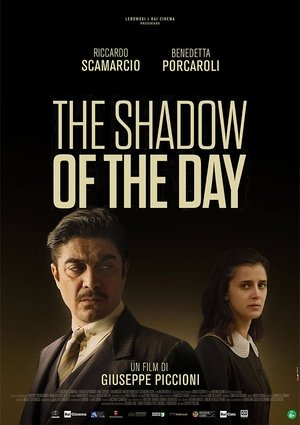 6.5
6.5The Shadow of the Day(it)
Italy, after the promulgation of the racial laws (1938). Luciano, a Fascist-abiding restaurateur, nonetheless believes he can still live by his own rules inside his business. However, everything changes when Anna, a girl with a dangerous secret, starts to work at his restaurant.
 7.5
7.5Fascism in Colour(en)
After the World War I, Mussolini's perspective on life is severely altered; once a willful socialist reformer, now obsessed with the idea of power, he founds the National Fascist Party in 1921 and assumes political power in 1922, becoming the Duce, dictator of Italy. His success encourages Hitler to take power in Germany in 1933, opening the dark road to World War II. (Originally released as a two-part miniseries. Includes colorized archival footage.)
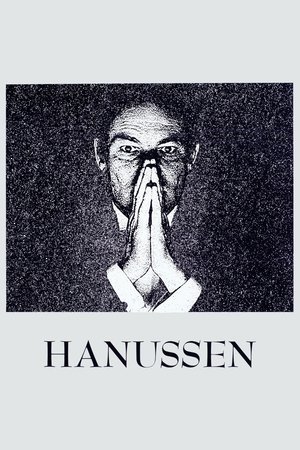 6.3
6.3Hanussen(hu)
A man's story parallels Hitler's rise. Austrian Klaus Schneider, wounded in World War I, recovers in the care of Dr. Emil Bettleheim. Bettleheim discovers that Schneider possesses powers of empathy and of clairvoyance, such that could aid suicidal patients. After the war, with one friend as his manager and another as his lover, Schneider changes his name to Eric Jan Hanussen and goes to Berlin, as a hypnotist and clairvoyant performing in halls and theaters. He always speaks the truth, which brings him to the attention of powerful Nazis. He predicts their rise (good propaganda for them) and their violence (not so good). He's in pain and at risk. What is Hanussen's future?
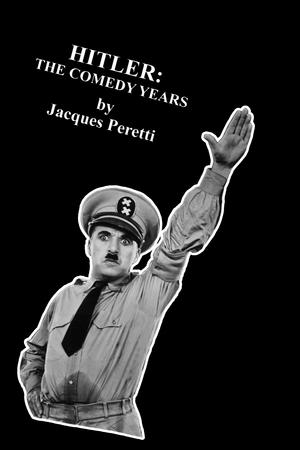 5.0
5.0Hitler: The Comedy Years(en)
A documentary about the portrayal of Adolf Hitler in popular culture.

